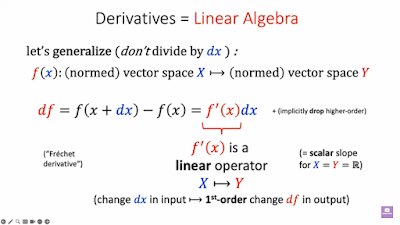Aristotle on God
This is taken from the end of Part 6 of Aristotle's Metaphysics, see page 417 (426 of this PDF file):
If, then, there is a constant cycle, something must always remain, acting in the same way. And if there is to be generation and destruction, there must be something else which is always acting in different ways. This must, then, act in one way in virtue of itself, and in another in virtue of something else—either of a third agent, therefore, or of the first. Now it must be in virtue of the first. For otherwise this again causes the motion both of the second agent and of the third. Therefore it is better to say ‘the first’. For it was the cause of eternal uniformity; and something else is the cause of variety, and evidently both together are the cause of eternal variety. This, accordingly, is the character which the motions actually exhibit. What need then is there to seek for other principles?
Part 7
Since (1) this is a possible account of the matter, and (2) if it were not true, the world would have proceeded out of night and ‘all things together’ and out of non-being, these difficulties may be taken as solved. There is, then, something which is always moved with an unceasing motion, which is motion in a circle; and this is plain not in theory only but in fact. Therefore the first heaven must be eternal. There is therefore also something which moves it. And since that which moves and is moved is intermediate, there is something which moves without being moved, being eternal, substance, and actuality. And the object of desire and the object of thought move in this way; they move without being moved. The primary objects of desire and of thought are the same. For the apparent good is the object of appetite, and the real good is the primary object of rational wish. But desire is consequent on opinion rather than opinion on desire; for the thinking is the starting-point. And thought is moved by the object of thought, and one of the two columns of opposites is in itself the object of thought; and in this, substance is first, and in substance, that which is simple and exists actually. (The one and the simple are not the same; for ‘one’ means a measure, but ‘simple’ means that the thing itself has a certain nature.) But the beautiful, also, and that which is in itself desirable are in the same column; and the first in any class is always best, or analogous to the best.
That a final cause may exist among unchangeable entities is shown by the distinction of its meanings. For the final cause is (a) some being for whose good an action is done, and (b) something at which the action aims; and of these the latter exists among unchangeable entities though the former does not. The final cause, then, produces motion as being loved, but all other things move by being moved. Now if something is moved it is capable of being otherwise than as it is. Therefore if its actuality is the primary form of spatial motion, then in so far as it is subject to change, in this respect it is capable of being otherwise,—in place, even if not in substance. But since there is something which moves while itself unmoved, existing actually, this can in no way be otherwise than as it is. For motion in space is the first of the kinds of change, and motion in a circle the first kind of spatial motion; and this the first mover produces. The first mover, then, exists of necessity; and in so far as it exists by necessity, its mode of being is good, and it is in this sense a first principle. For the necessary has all these senses—that which is necessary perforce because it is contrary to the natural impulse, that without which the good is impossible, and that which cannot be otherwise but can exist only in a single way.
On such a principle, then, depend the heavens and the world of nature. And it is a life such as the best which we enjoy, and enjoy for but a short time (for it is ever in this state, which we cannot be), since its actuality is also pleasure. (And for this reason are waking, perception, and thinking most pleasant, and hopes and memories are so on account of these.) And thinking in itself deals with that which is best in itself, and that which is thinking in the fullest sense with that which is best in the fullest sense. And thought thinks on itself because it shares the nature of the object of thought; for it becomes an object of thought in coming into contact with and thinking its objects, so that thought and object of thought are the same. For that which is capable of receiving the object of thought, i.e. the essence, is thought. But it is active when it possesses this object. Therefore the possession rather than the receptivity is the divine element which thought seems to contain, and the act of contemplation is what is most pleasant and best. If, then, God is always in that good state in which we sometimes are, this compels our wonder; and if in a better this compels it yet more. And God is in a better state. And life also belongs to God; for the actuality of thought is life, and God is that actuality; and God’s self-dependent actuality is life most good and eternal. We say therefore that God is a living being, eternal, most good, so that life and duration continuous and eternal belong to God; for this is God.



Comments
Post a Comment